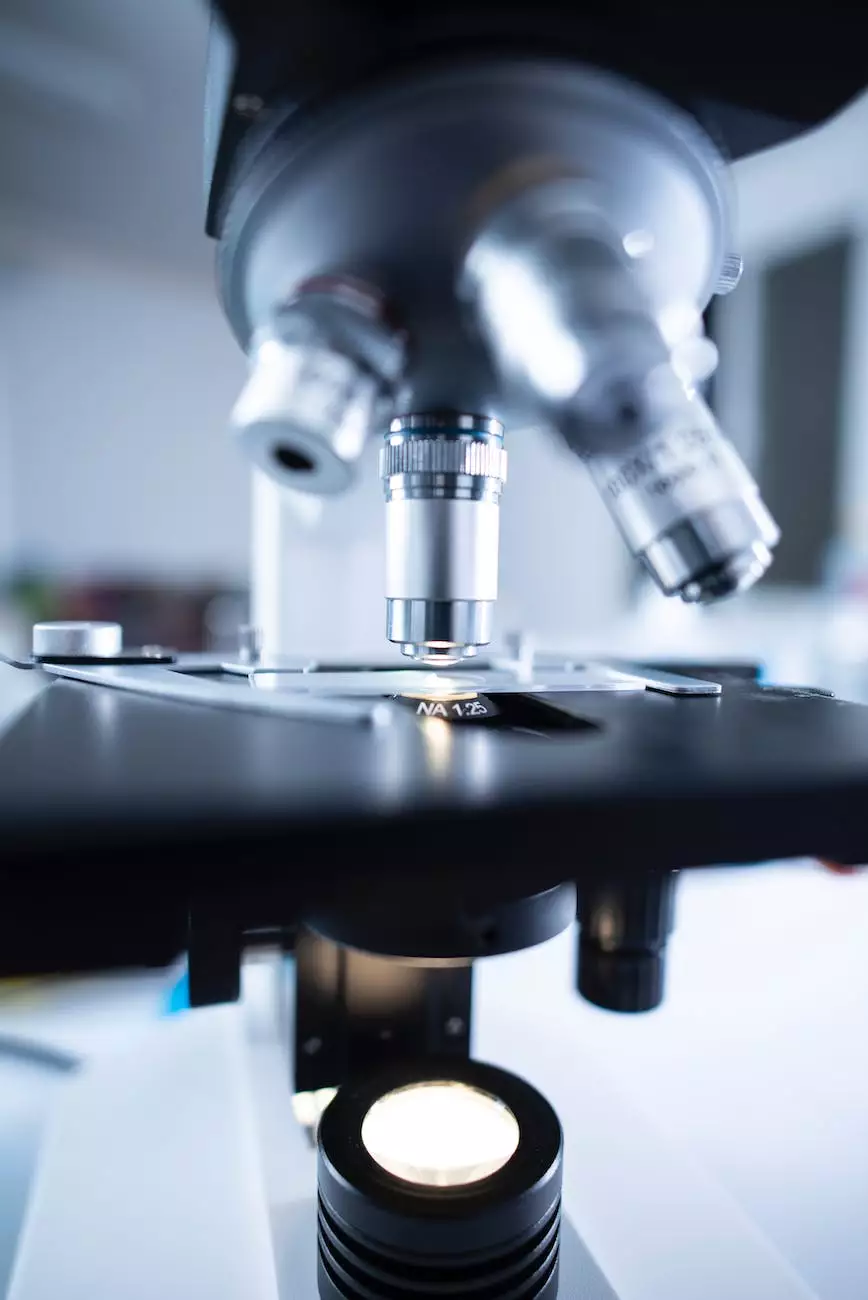How to Detoxify Plastics (Phthalates)?
Blog
Welcome to McKinnon Marie, your trusted source for alternative and natural medicine. In this article, we will delve into the topic of detoxifying plastics, specifically phthalates - harmful chemicals found in various plastic products. Our aim is to provide you with comprehensive information on the detrimental effects of phthalates on your body and guide you on effective ways to minimize exposure and detoxify from them.
Understanding Phthalates
Phthalates are a group of synthetic chemicals commonly added to plastics to increase flexibility and durability. They can be found in a wide range of products such as food containers, water bottles, vinyl flooring, shower curtains, cosmetics, and even personal care products. Despite their prevalence, phthalates pose significant risks to human health.
The Dangers of Phthalates
Research has linked phthalate exposure to numerous adverse health effects. These harmful chemicals have been associated with hormonal disruption, reproductive issues, developmental problems in children, and an increased risk of certain cancers. Furthermore, phthalates can enter your body through ingestion, inhalation, and dermal contact, making it crucial to reduce exposure and support the detoxification process.
Effective Ways to Detoxify Plastics (Phthalates)
1. Minimize Plastic Usage
The first step towards detoxifying plastics from your body is to reduce exposure. Opt for glass or stainless steel containers for food storage and choose natural materials when possible. By minimizing the use of plastic products, you can significantly lower your intake of phthalates.
2. Choose Phthalate-Free Products
When shopping for personal care items and household products, prioritize those labeled as "phthalate-free." Read product labels carefully and choose alternatives made from natural ingredients or materials to minimize your exposure to these harmful chemicals.
3. Focus on Nutrient-Rich Foods
A healthy diet plays a crucial role in supporting your body's detoxification process. Include foods that promote liver health, such as cruciferous vegetables (broccoli, cauliflower, Brussels sprouts), leafy greens, berries, garlic, and turmeric. These foods contain essential nutrients that aid in breaking down and eliminating toxins, including phthalates.
4. Hydrate with Purified Water
Drinking plenty of purified water can help flush out toxins from your system, including phthalates. Invest in a high-quality water filtration system to ensure your drinking water is free from harmful contaminants. Avoid plastic water bottles and opt for reusable glass or stainless steel bottles.
5. Enhance Detoxification with Supplements
Support your body's natural detoxification process by incorporating supplements known to aid in eliminating toxins. Milk thistle, dandelion root, and chlorella are examples of supplements that can help support liver function and enhance detoxification.
6. Practice Sweating
Sweating helps eliminate toxins through your skin. Engage in physical activities that make you sweat, such as regular exercise, sauna sessions, or hot yoga. Remember to shower afterward to rinse off the released toxins from your skin.
7. Seek Professional Guidance
If you suspect significant exposure to phthalates or have specific health concerns related to their toxicity, consult a healthcare professional well-versed in alternative and natural medicine. They can provide personalized guidance, recommend appropriate detoxification protocols, and help address any underlying health issues.
Conclusion
In conclusion, phthalates found in plastics pose significant risks to our health. By understanding the harms they can cause and implementing effective detoxification strategies, we can minimize exposure and safeguard our well-being. At McKinnon Marie, we believe in the power of alternative and natural medicine to support holistic health. Take charge of your health today and begin your journey towards detoxifying plastics.
Remember, when it comes to your well-being, every step towards minimizing toxin exposure counts. Stay informed, make conscious choices, and prioritize your health above all.




